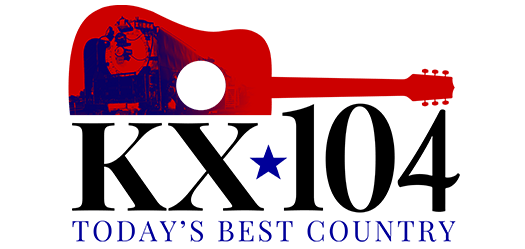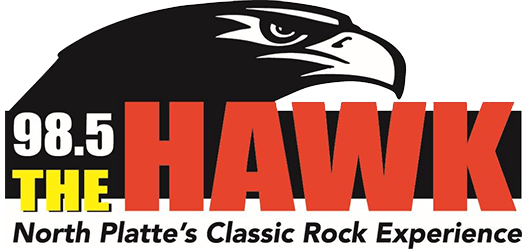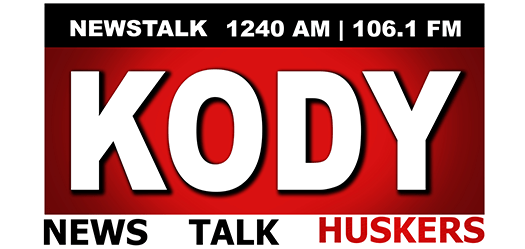
A successful calving season does not begin at calving, rather it begins much earlier, with the management of the cow herd months prior. University of Nebraska Extension will be hosting “Cow Clinics” during the months of December and January to review some of the basic management factors that can lead to a successful calving and breeding season. The cost to register is $20 per person. The first 20 producers who register at each location will receive instructions on how to receive a free forage test. To register for the “Cow Clinics” please contact the local UNL Extension office:
- December 19, 2023 – Valentine Livestock Auction, Valentine, NE
Contact Ryan Benjamin, at 402-376-1850 or ryan.benjamin@unl.edu
- December 20, 2023 – Atkinson Livestock Market, Atkinson, NE
Contact Steve Niemeyer, at 308-346-4200, 402-336-2760 or smiemeyer1@unl.edu
- January 9, 2024 – Beatrice 77 Livestock Sales, Beatrice, NE
Contact Wayde Pickinpaugh, at 402-335-3669 or wayde.pickinpaugh@unl.edu
- January 10, 2024 – North Platte Stockyards, North Platte, NE
Contact Randy Saner, at 308-532-2683 or randy.saner@unl.edu
The “Cow Clinics” will begin at 10:00 a.m. with registration and conclude at 2:00 p.m. The clinics will cover the how, when, and why of body condition scoring, teat and udder scoring, and forage sampling. Understanding a forage analysis and developing diets for the last trimester will also be a part of the program. A team of Extension Educators and Specialist will lead the discussion and hands-on demonstrations.
The “Cow Clinics” are sponsored in part by Security First Banks in Valentine and Beatrice and First Interstate Banks in North Platte and Atkinson.
Extension is a Division of the Institute of Agriculture and Natural Resources at the University of Nebraska–Lincoln cooperating with the Counties and the United States Department of Agriculture. University of Nebraska–Lincoln Extension educational programs abide with the nondiscrimination policies of the University of Nebraska–Lincoln and the United States Department of Agriculture.





